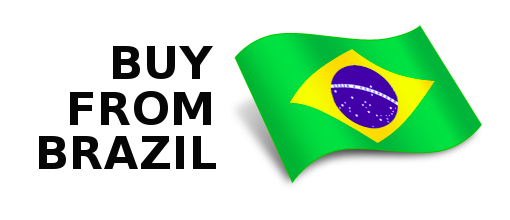Brazil is by far the largest producer of coffee in the world, controlling more than 30% of the international production. Coffee is one of the most important agribusiness commodity, maintaining steady and growing value in the stock market. The coffee industries are spread along 13 Brazilian states, but the largest ones are located in the states of São Paulo, Minas Gerais, Rio de Janeiro, Espírito Santo, Bahia, Paraná and Goiás (listed here in order of importance). It is estimated that there are around 300 thousand coffee plantations in the country, spread in 1950 cities.
Associação Brasileira da Indústria de Café (ABIC) represents the coffee roasting and grinding industries in the whole Brazilian territory. ABIC was founded in 1973, and is globally recognized as the organization that created and maintains a series of active Certification Programs focused on Coffee Purity, Quality and Sustainability, in which it stands out because of its continuous effort to offer more food quality and safety to consumers.
Brazil is the world’s largest exporter of coffee, and good quality Brazilian coffee can be found everywhere, and even the store-bought commercial brands are good but look for coffee from smaller brands, especially those sold in the hills of Sao Paulo state and Minas Gerais, where the highest quality and best-known coffee is from: Café Toko, Café Baronesa, Café Lucca…
Some of the more popular Brazilian coffee brands are Café Pilao , Café do Ponto , Melitta , Café Caboclo , Café 3 Coraçoes…
The Brazil Specialty Coffee Association (BSCA) was founded in 1991 through the initiative of 12 producers who looked beyond their time, envisioning the commercial opportunities that investing in quality would bring. BSCA is a non-profit association that brings together people and companies in the Brazilian and international specialty coffee markets. It seeks to disseminate and stimulate technological improvement in the production, commercialization and industrialization of these products, in addition to promoting, mainly in the coffee areas, environmental preservation and environmentally sustainable development through programs, projects and partnerships with entities both public and private, domestic and foreign.

